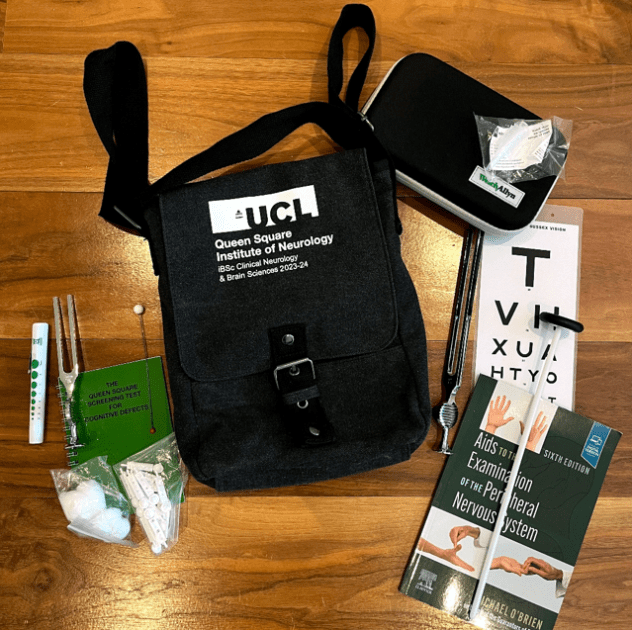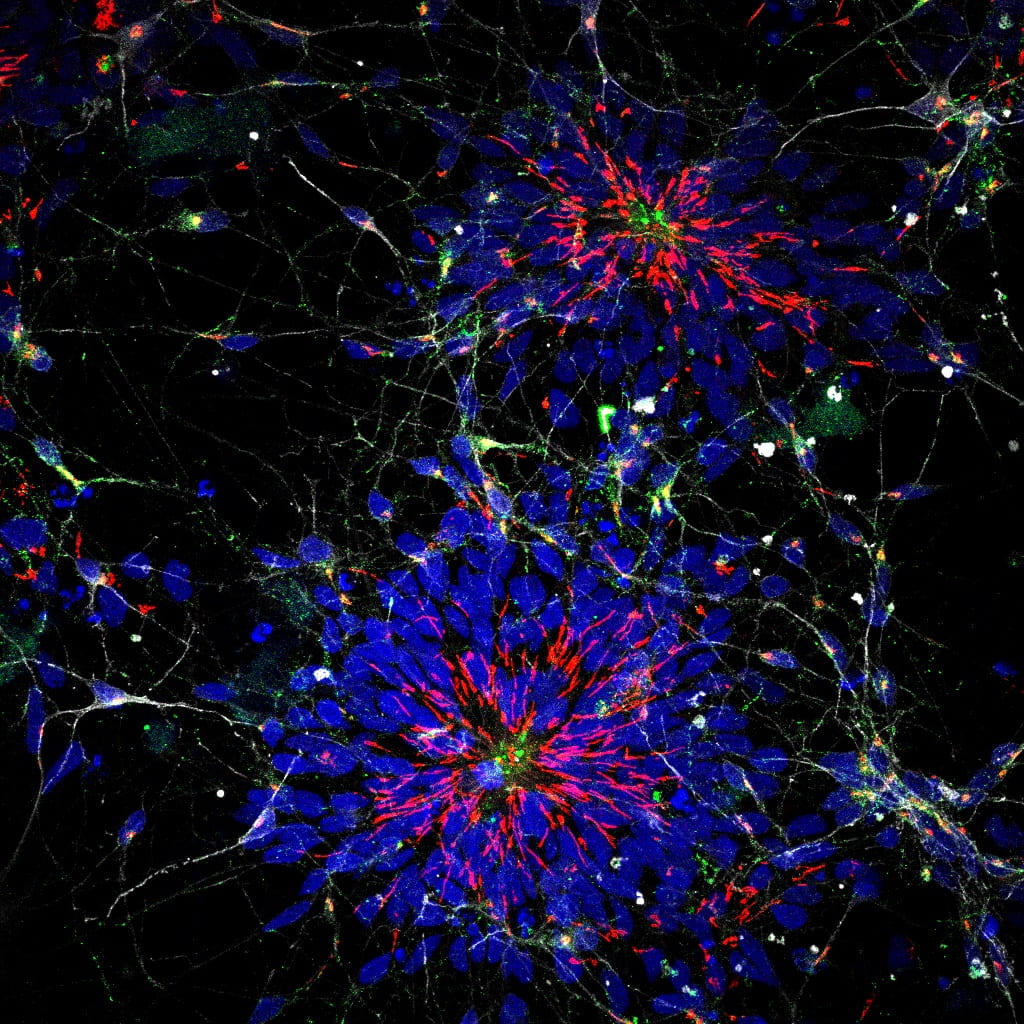Co-Authors: Guillem Perutxet Olesti, Jingyuan Meng, Viktoria Viktorija. Robotics and automation have been integrated into construction and architecture to significantly improve precision and efficiency, enabling the creation of intricate and innovative designs that were once considered unfeasible. This integration not only promotes safer construction environments but also leads to sustainable building practices and a surge…Continue…Continue Reading Architectural Robotics: A credited academic module in the ‘Design for Manufacture’ master’s programme for learning robotics in the context of design and construction
Architectural Robotics: A credited academic module in the ‘Design for Manufacture’ master’s programme for learning robotics in the context of design and construction









